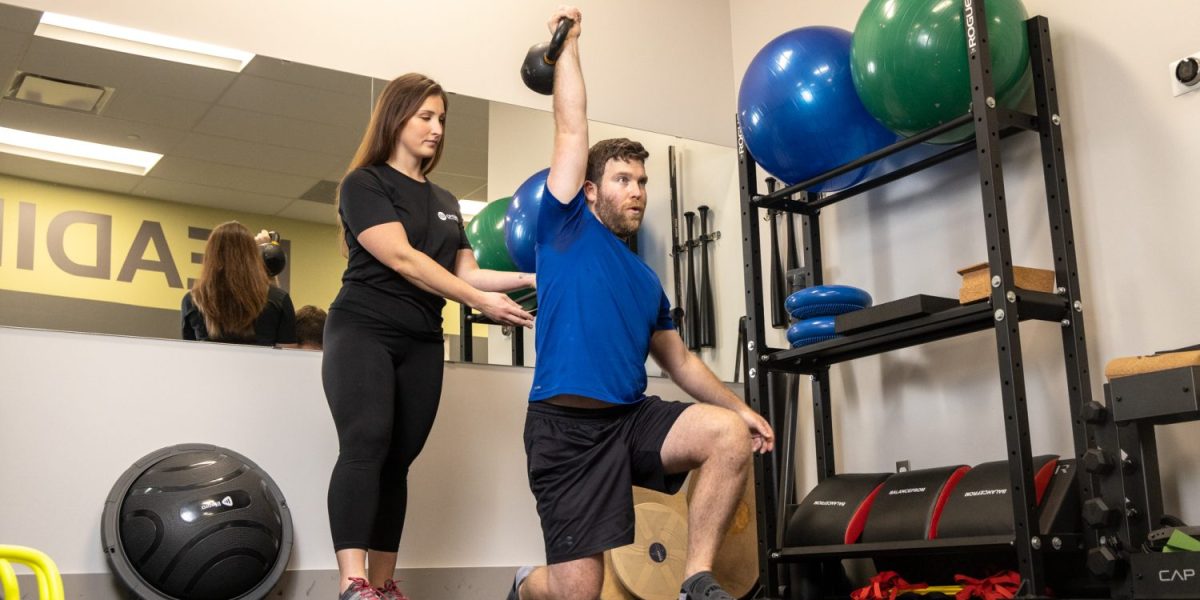In healthcare, there’s a growing focus on not just treating injuries but also preventing them, especially when it comes to physical activity. For athletes and active individuals, staying injury-free is crucial to their performance and overall well-being.
This is where the expertise of a sport medicine physician comes into play.
So, what does a sport medicine physician actually do, and when should you consider consulting one? Let’s dive in.
What Is Sport Medicine?
Sport medicine is a specialized field within healthcare focused on physical fitness, injury prevention, and treatment related to sports and physical activity. Sport medicine encompasses a variety of treatments and preventive strategies, aimed at enhancing performance, aiding in injury recovery, and improving overall mobility. This discipline serves not only athletes but also anyone interested in maintaining an active lifestyle, recovering from injuries, or dealing with physical strain from everyday life.
Sport medicine physicians are trained to help people optimize their physical capabilities and reduce the likelihood of injuries.

What Does a Sport Medicine Physician Do?
So, what do sport medicine doctors do? A sport medicine physician is skilled in diagnosing, treating, and preventing injuries related to physical activity. Unlike general practitioners, they have specialized knowledge in handling issues that arise from sports and exercise, offering a unique approach to care.
Key responsibilities of a sport medicine physician include:
Injury Diagnosis and Treatment: Sport medicine physicians are adept at identifying and treating injuries specific to sports, such as sprains, strains, fractures, and joint injuries. They utilize various diagnostic tools and collaborate with specialists when needed to ensure precise treatment plans.
Non-Surgical Treatments: While orthopedic surgeons might recommend surgical interventions for certain injuries, sport medicine physicians focus on non-surgical approaches. They use physical therapy, rehabilitation exercises, bracing, and medications to aid recovery without the need for surgery whenever possible.
Performance Optimization: Beyond treating injuries, sport medicine physicians work to optimize their patients’ physical capabilities. This might include customized training regimens, nutritional advice, and strategies to enhance endurance, strength, and flexibility.
Preventive Care: Prevention is a core element of sport medicine. These physicians help patients understand the mechanics of movement and identify habits that could lead to injuries. Preventive care often involves teaching proper techniques, developing warm-up routines, and offering guidance on pacing.
In essence, a sport medicine physician provides comprehensive care that extends from preventive strategies to post-injury recovery, ensuring that individuals stay active and resilient in their chosen activities.
Did You Know?
Over 60% of Sports Injuries are Recurring
Without proper guidance and preventive care, many sports injuries can recur, affecting long-term performance. A sport medicine physician’s approach focuses on sustainable recovery to prevent re-injury.
How Does a Sport Medicine Physician Differ from Other Medical Professionals?
While a sport medicine physician shares some overlap with physical therapists, orthopedic surgeons, and general practitioners, they hold a distinct place in the healthcare landscape. Unlike orthopedic surgeons, who focus primarily on surgical solutions, sport medicine physicians emphasize non-surgical methods and preventive measures. They work closely with physical therapists but provide a more medicalized perspective on injury treatment and prevention.
Their background allows them to tackle complex cases that require an understanding of both musculoskeletal health and performance enhancement. Whether the goal is to avoid surgery or recover after a minor injury, consulting a sports medicine physician can be an excellent choice for those wanting a balanced approach to injury care and prevention.

When Should You See a Sport Medicine Physician?
Knowing when to see a sport medicine physician can be as important as knowing what they do. Consider consulting one if you experience:
Recurring Injuries: If you suffer from repetitive strain injuries, such as runner’s knee, tennis elbow, or stress fractures, a sports medicine physician can provide targeted treatments and long-term solutions.
Chronic Pain: Persistent pain, especially in joints or muscles used frequently during physical activity, may require the expertise of a sport medicine physician to manage effectively.
Injury Prevention for High-Impact Sports: High-impact sports often lead to complex injuries. A sports medicine physician can create preventive plans to safeguard against these injuries while maintaining fitness levels.
Optimization for Physical Activities: Even if you’re not injured, a sport medicine physician can help improve your performance by advising on posture, movement mechanics, and strength training tailored to your sport.
Contact Our Expert Team of Sport Medicine Physicians Today!
The role of a sport medicine physician is multi-faceted and invaluable for anyone engaging in physical activity.
Consult our expert team of sport medicine physicians today to prevent injuries, accelerate recovery, and achieve peak performance safely. Discover how our specialized approach can support your health and fitness goals—schedule your consultation now!







